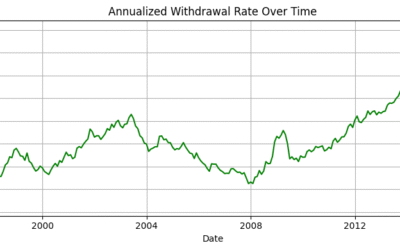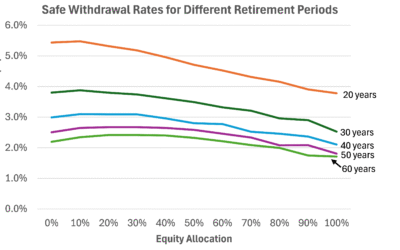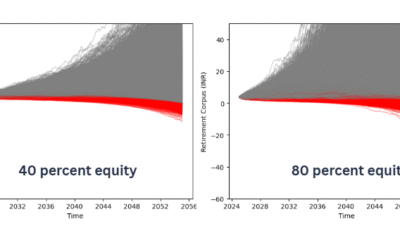These not only provide equity but also debt funding to sectors that are not touched by banks
Alternative Investment Funds (AIFs) in India have emerged as a robust and well-regulated platform for providing growth capital to various sectors of the economy. AIFs not only provide equity but also debt funding to sectors that are currently not touched by banks. Though the AIF industry has grown to form an important part of India’s capital markets, there are no specific guidelines governing their taxation. This has led to unnecessary complexity in their taxation. The upcoming budget provides a window of opportunity to address this by simplifying the taxation for such funds.
The AIF regulations were introduced by the capital markets regulator, Securities and Exchange Board of India (Sebi), in May 2012 to replace the erstwhile venture capital (VC) regulations. It was felt that while the investment management activities in the retail segment—mutual funds and collective investment schemes—were well regulated, the non-retail segment was not comprehensively regulated. The AIF regulations, thus, provided an umbrella structure for the setting up of various types of funds to raise capital through a private placement.
It is important to note that while the erstwhile VC regulations recognized only a venture capital fund (VC fund), the new AIF guidelines provide a framework to float different types of funds.
An AIF can be structured in many ways—as a VC fund, a small and medium enterprise (SME) fund, housing fund, infrastructure fund, social venture fund or a hedge fund. This is in line with the market regulator’s assessment that mobilization of capital for different sectors of the economy necessitates differentiated fund structures.
Unfortunately, our tax laws have not yet taken cognizance of the fact that under the AIF guidelines, a VC fund is only one type of fund and that there are several other types of AIF funds.
Currently, there are no specific tax guidelines that deal with an AIF that is not a VC fund. For example, under section 10 (23FB) of the Income-tax Act, only mutual funds and VC funds are provided a tax pass-through status and exempted from taxation.
It was hoped that since the AIF guidelines superseded the VC guidelines, the tax laws would accordingly be amended to provide tax pass-through status to all AIFs.
However, the Finance Bill, 2013 clarified that tax pass-through would continue to be made available only to VC funds. There was no clarity provided on the taxation of other types of AIFs. In the subsequent year, the Finance Bill, 2014 extended the tax exempt status to both real estate investment trusts and infrastructure investment trusts, but again no clarity was provided on taxation of AIFs that are not structured as a VC fund.
The tax pass-through provided to certain fund structures is based on the principle that the tax liability of an investor, when she invests through a fund structure, should be the same as when she invests directly in the underlying assets of the fund. The most efficient way to achieve this is to directly tax the investor and not the fund. This would ensure that there is no double taxation and tax is collected from investors as per the rates applicable to them.
Since this argument is relevant for any type of fund structure, it is not clear why the tax pass-through status has not been extended to all categories of AIFs.
In the absence of specific guidelines, the taxation of AIFs other than VC funds is dependent on the legal entity of the fund. Though a strong jurisprudence exists for such taxation based on various provisions of the tax laws, circulars from the Central Board of Direct Taxes, advance rulings and judicial precedents, this does not obviate the need to simplify their taxation.
This can be done by including all categories of AIFs under section 10 (23 FB), as is currently done for VC funds and mutual funds. Doing this will not lead to any loss in revenue as the taxes will be paid directly by the investors as per the maximum marginal rate applicable to them.
AIFs are a versatile platform for raising private pools of capital from a diverse set of investors. There are currently more than 150 AIFs registered with Sebi. The investment commitments under AIFs have grown from under ₹ 4,000 crore in September 2014 to over ₹ 20,000 crore today. At a time when bank lending is expected to be sluggish due to the stricter capital provisioning requirements under Basel III and rise in non-performing assets, AIFs can emerge as an important alternative source for providing capital.
A simplified tax regime that upholds the established principles of tax neutrality can go a long way in the future growth and development of this platform.
(This article was published in LiveMint on February 23, 2015 and can be accessed from the link https://www.livemint.com/Money/GcmW0eUeIN2WlmvoVgnZHN/Simplifying-taxation-for-all-alternative-investment-funds.html)







0 Comments